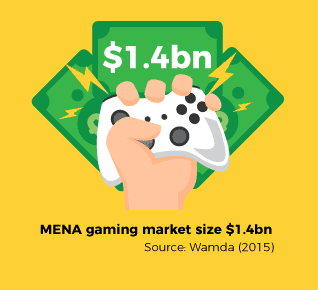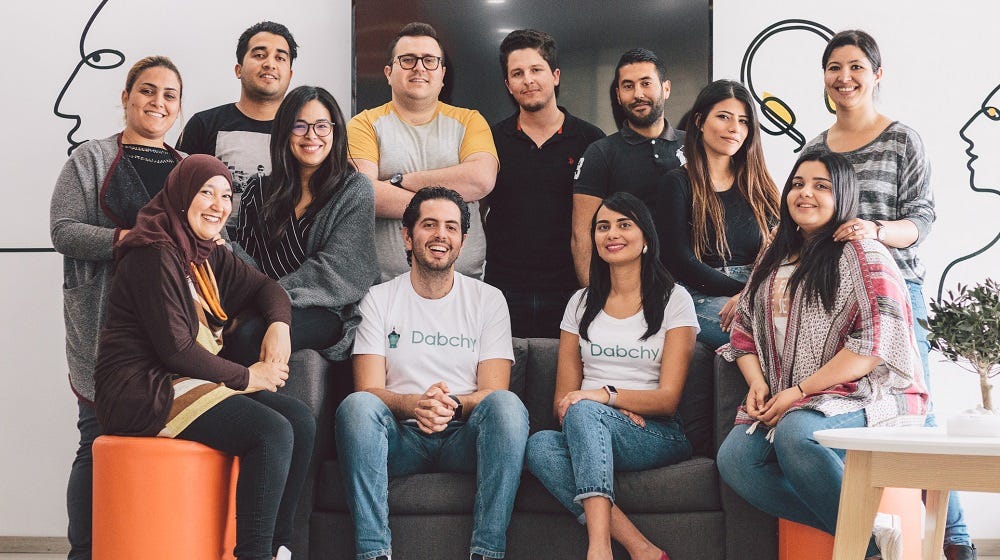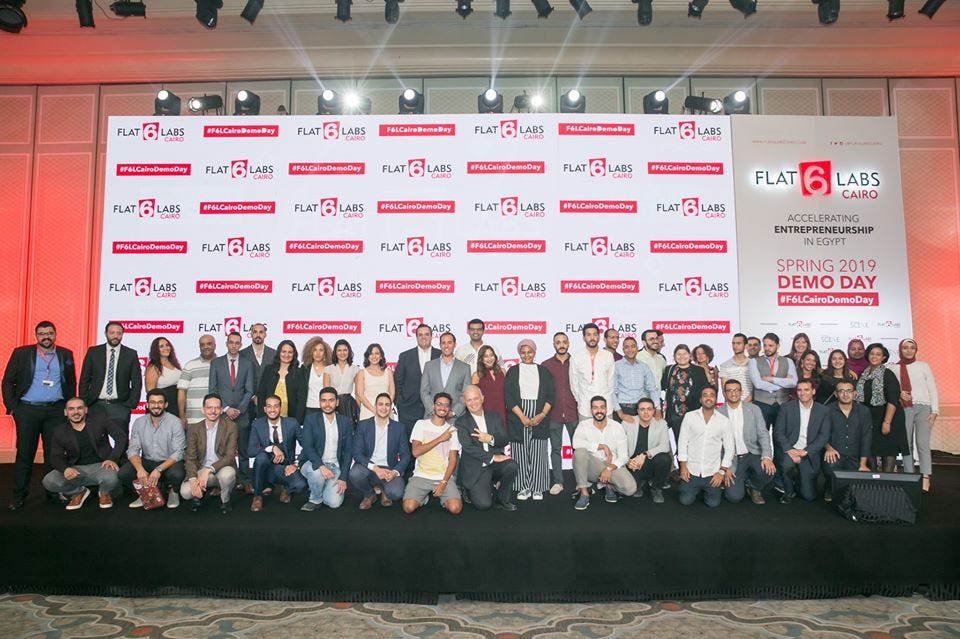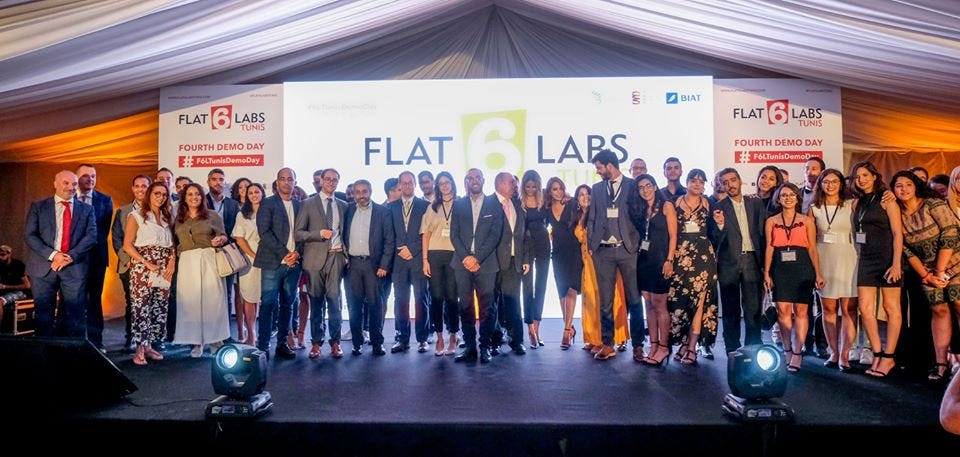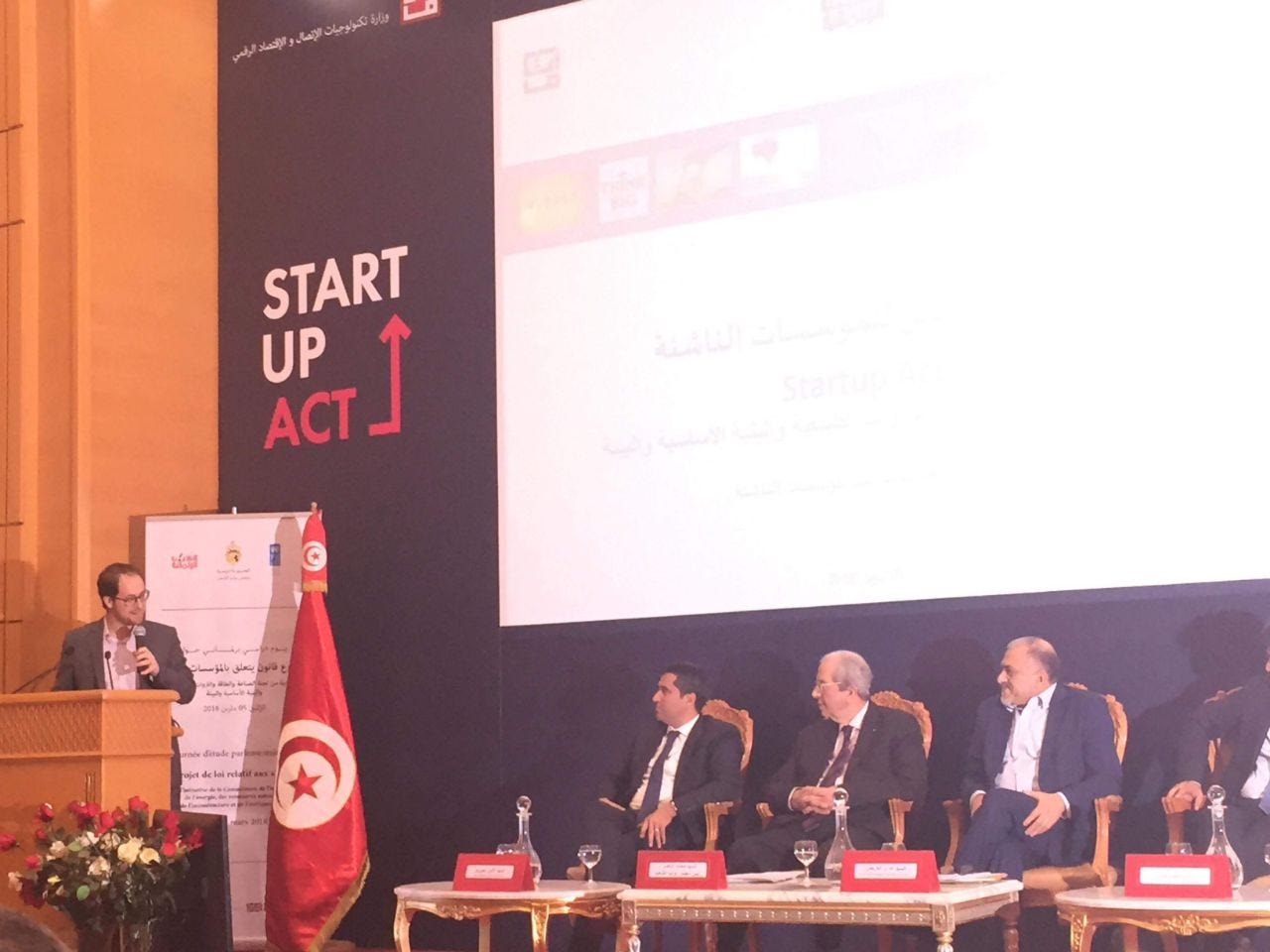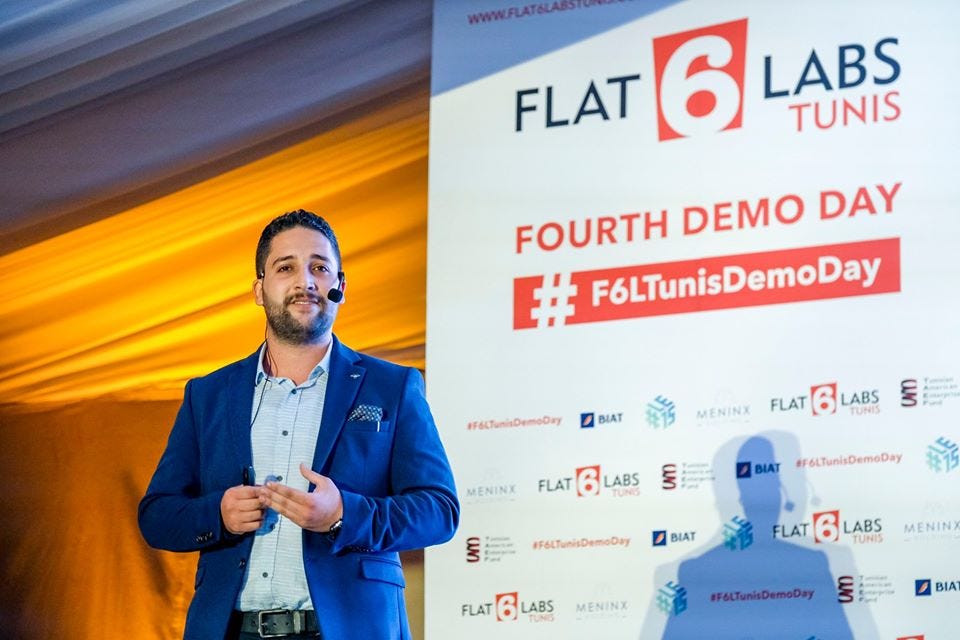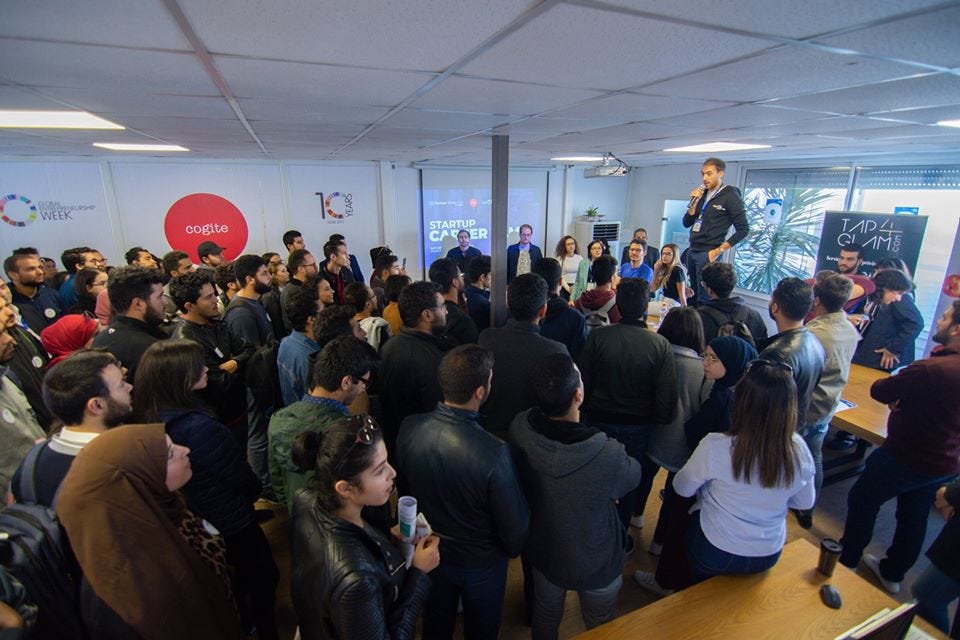In the ever-evolving landscape of entrepreneurship, one question resonates loudly: Where does Artificial Intelligence (AI) belong within the heartbeat of a startup? Integrating AI within a startup’s framework holds immense potential for founders, offering opportunities to automate tasks, gain valuable insights through data analysis, and enhance engagement with customers and employees.
With labor shortages, high costs, and a fast-paced ecosystem, startups are encouraged to integrate AI to remain competitive and agile in today’s dynamic business environment.
Where could founders apply AI technologies within their startups?
Broadly speaking, AI can support three important business needs: automating business processes, generating new creations, and gaining insight through data analysis.
Automation of tasks
Every role has at least a few repetitive and manual tasks, such as checking emails, inputting data, and generating reports, that take away time from more impactful work. A McKinsey survey found that automation reduced costs by 10-15% and cut order processing time from 2-3 days to 1-2 hours.
In addition to that, a survey of 7,700 sales professionals from Salesforce found that sales representatives spend an average of less than 30% of their week on actual selling. Rather, much of their time is spent on manual tasks such as data entry and sharing updates on their deals in the pipeline. AI tools can help automate time-consuming tasks so sales representatives, as well as other employees, can free up time for more productive work while reducing the risk of human error.
“Our near-future plans in Flat6Labs include automating 80% of the filtration process for applications to our programs as our programs’ team receives thousands of applications,” says Shady Atef, Product & Tech Director at Flat6Labs. “It would be more efficient to focus most of their efforts on reviewing applications of higher quality and interviewing more serious applicants, rather than the process itself so that promising startups get the opportunity they deserve. This, however, still requires human supervision and upper hand in all cases, yet it would save a lot of time and effort for both our team and the startups who applied.”
Generating Content
At the heart of Generative AI lie massive databases of texts, images, code, and other data types. This data is fed into generational models that could use this data to create images, videos, 3D models, music, or text.
There are 2 types of Generative AI tools that benefit startups’ growth:
- Ready-to-launch tools:
Platforms like ChatGPT, Synthesia.io, and Google Gemini come pre-trained on vast datasets, allowing users to tap into their generative capabilities without building and training models from scratch. Startups can fine-tune these models with specific data, nudging them towards outputs tailored to particular business needs. However, these public options offer limited control, less customization of model behavior and outputs, and the potential for bias inherited from the pre-trained models.
- Custom-trained models:
Most organizations can’t produce or support AI without a strong partnership. Innovators who want custom AI can pick a “foundation model” like OpenAI’s GPT-3 or BERT and feed it their data. This personalized training sculpts the model into bespoke generative AI perfectly aligned with their business goals.
One of our portfolio companies in Egypt, Katteb, provides generative AI services in multiple languages where SMEs and copywriters can get instant articles and social media content that is fact-checked and ready to go live.
Analysis and Insights and Predictions
Ibrahim Ashqar, founder of Lumi AI, our portfolio company in UAE, mentions how AI tools provide insights and predictions to decision-makers in a way that has never been available before.
“Lumi AI democratizes the access to insights to people who aren’t technical,” says Ibrahim. “When an employee in any department doesn’t know how to code or manipulate data, they could use Lumi AI to ask the question in plain language and get insightful answers to help them in product designing, marketing, or any other field.”
This has been shown clearly with one of Lumi AI’s clients, a huge textile manufacturer who produces jeans and denim, and used to buy a lot of raw materials from a lot of different suppliers. When Lumi AI was connected to their database, within seconds the executive team found out that there are suppliers who are charging more for the same raw material compared to other suppliers. They were able to save around $600,000 based on these rapid and precise analytics.
Similarly, founders find MilkStraw extremely helpful. MilkStraw AI, our portfolio company in UAE, uses an AI model that integrates with a company’s infrastructure and comes up with recommendations to save them up to 75% on Cloud bills.
In addition, Digital First AI, our portfolio company in UAE, uses AI models to recommend the best marketing tactics for companies and SMEs based on their answers to a few questions about their business. It also provides access to a library of tactics where founders are able to view the strategies of popular brands and experienced marketers that the AI models were trained on.
How to find AI-skilled talents for your startup
As a startup founder, integrating AI into the company’s daily operations means hiring the right talent in each role. The right talent will use AI tools in their department to have the work done rapidly and efficiently. So, how could you know that your hire would utilize AI to the startup’s benefit?
“The most needed skills to look for in any hire are adaptability and resilience,” says Nour Mohieddine, our Talent Acquisition Manager at Flat6Labs. “In 2024, founders shouldn’t necessarily find employees with experience in utilizing AI tools, but rather look for ones who are willing to learn new ways to work and are flexible with new technologies. This way you guarantee that even the new technologies that are yet to emerge in the future will be embraced with open minds.”
Founders should use behavioral assessments to assess skills related to learning AI. These skills include:
- Resilience and adaptability
- Seeking lifelong learning
- Having a growth mindset, not a fixed one.
- The ability to thrive in a fast-paced environment
- Problem-solving
- Having a positive attitude ( to embrace the change)
Providing AI training within your startup
A recent study by the World Economic Forum shows that the cost of hiring a new worker can be as much as seven times that of upskilling an existing employee.
Founders who invest in AI training for themselves and their employees will have the opportunity to pioneer in their industry. An international survey by Boston Consulting Group found that while 86% of workers believed they would need training in AI, only 14% of front-line employees reported receiving any upskilling training. This gap presents an opportunity for startups looking to upscale.
If you are looking for intensive training, check the courses provided by eFlow, our portfolio company in Jordan. eFlow is a great learning platform for employees for different reasons:
- eFlow courses include Artificial Intelligence, Web 3.0, NFTs, digital literacy, and more.
- eFlow is an AI-powered platform, therefore, its expertise in AI is hands-on.
- eFlow offers 10-15 minute micro-courses in English, Arabic, French, and Spanish.
- Employees and learners could reach the educational content through Whatsapp, Telegram, Microsoft Teams, or Slack.

While going through the learning and development process for AI in your startup, consider the following topic to tackle:
- Integrating AI into existing processes
- Troubleshooting common AI issues/bugs
- Understanding of the concept of machine learning
- Familiarity and confidence with AI tools
- Crafting an effective ChatGPT prompt
- How to find guidance on AI
- Ethical considerations relating to AI
- The link between data, algorithms, and modeling
- Critical analysis of AI-generated responses
- Understanding the limitations of AI
- Selecting the right AI tool
Is your startup developing AI solutions?
AI is not a replacement for human talent. It only takes away the mundane tasks so humans could focus more on their growth.
As Shady Atef, our Product & Tech Director, mentioned; “Before the invention of washing machines, humans used to carry out laborious tasks just to get their clothes washed. The challenge of not having clean clothes was the main focus. Now that we have washing machines, humans could focus, not on the cleanliness of clothes, but on making them smell like roses and having them instantly steamed and ironed.”
If the founders and employees of a startup have more time to focus on new ways for the startup’s growth rather than on keeping it functional with the automatic and less creative tasks, one could only imagine which skies they would reach.
If your startup is developing tech solutions to modern challenges, check the open applications to Flat6Labs Programs in the MENA region, aiming to accelerate the growth and scalability of the startups that join. We curate our programs to suit the needs of the ever-evolving and innovative entrepreneurs who need our support to get what they need.
Note: Parts of this article were written with the help of AI tools to enhance efficiency and reflect the advancements in technology’s role in content creation.




